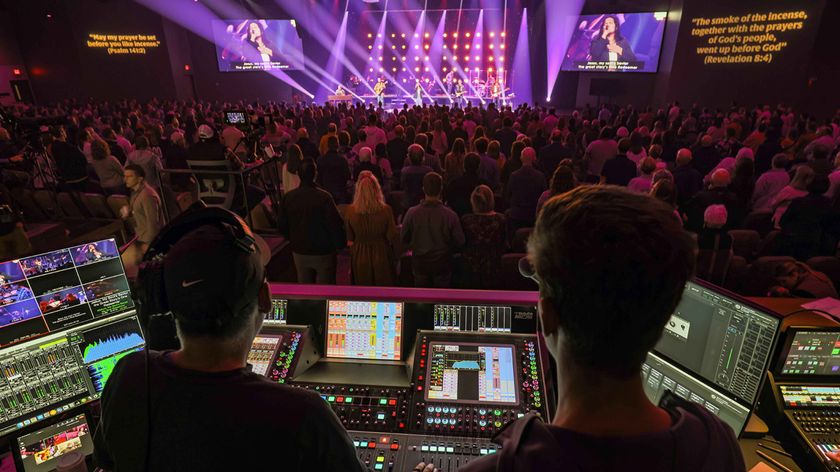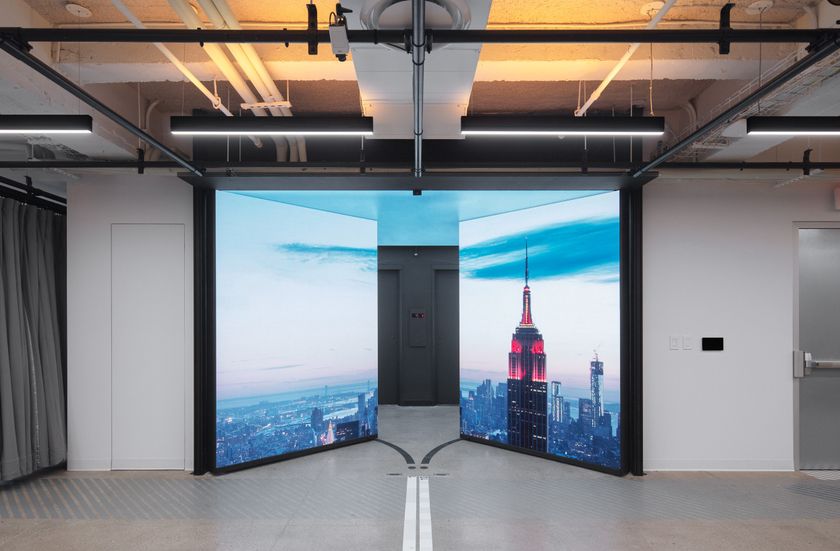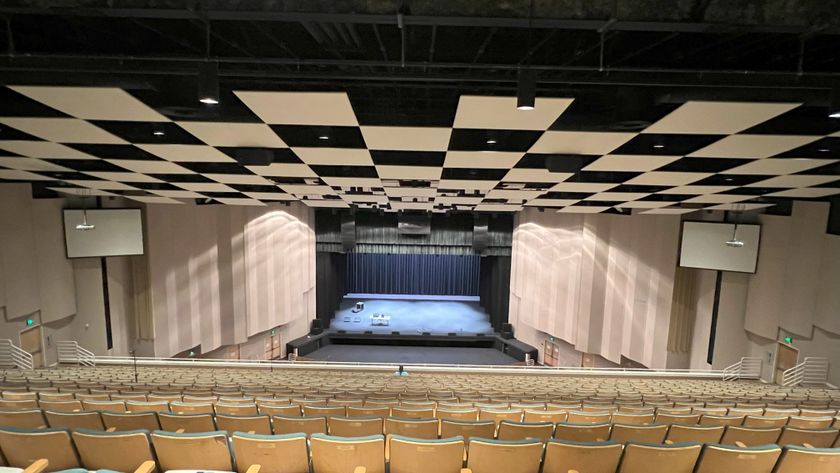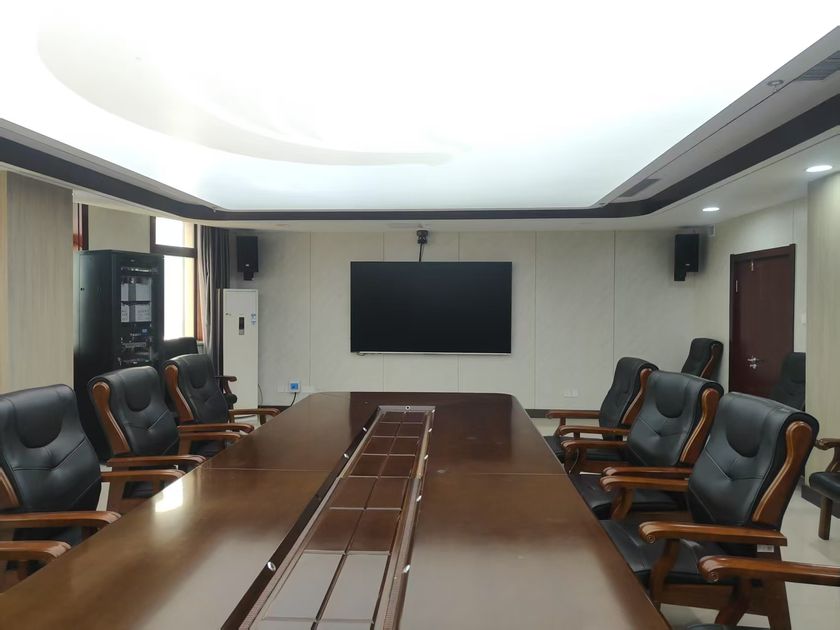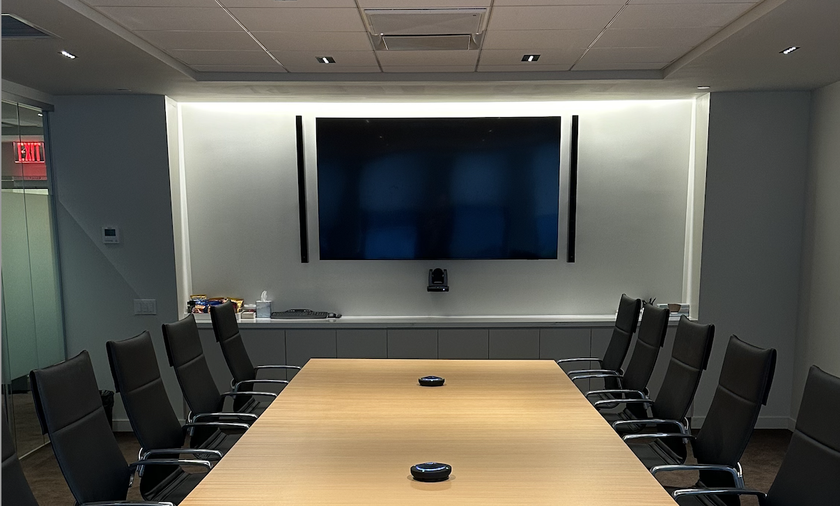- Following the Rental and Staging Systems Roadshow in New York, I thought a lot about the nature of the AV/Staging business, and how it has changed over the years. The talk I delivered at the Roadshow revolved around how the organization of a show has changed over the last few years -- but afterwards, in talking to the techs that were there, I realized that, in addition, the business itself has changed as well. Conversations with a number of attendees, all equally earnest about the business, led me to a number of conclusions:
- 1. Techs entering the business now look at it a great deal differently than those of my generation did when we started ten or twenty years ago.
- 2. The dynamics of the business, especially those surrounding training, career advancement, and employee retention are changing dramatically.
- 3. The Roadshow, and events like it, are one of the best forums for the industry I've ever encountered.
- Basically, when I was first involved in the industry, I "went along for the ride" as part of the company. Largely, like my father and grandfather, I felt it was my job to contribute to the company in whatever way I could -- and that responsibilities, pay and promotion were something that the company's management delivered to me as I earned them. For instance, I was on the road working on a series of installations I had designed and sold when I was promoted to Sales Manager. When I returned (there was no email dependable enough to count on, and very few cell phones) I was told I had been promoted, and what the salary would be.
- It never even crossed my mind to turn it down, or to question the responsibilities or salary. And I'm sure it never even occurred to my boss that I might.
- It seems things are a bit different today. One of the discussions I was involved in at the roadshow was with a senior technician who knew that his boss, the Staging Manager, was about to resign to take a job with a client. I had automatically launched into a list of things he should do to ensure that he was given the job when he interrupted me to explain that he was trying to decide if he wanted it. This led us into a discussion of how the work mentality has changed with the current generation. Younger people today have been raised to value their own contributions to an organization more highly than we did, and to evaluate the amount of work they do versus their remuneration and opportunities more critically than we did.
- This helps me to understand a lot better why we're having a harder time finding talent than we used to. We need to frame the opportunities better for potential employees. Today's potential designers and technicians place their "creative abilities" ahead of experience or training, because they've been taught to. They want a say in how things are organized, and to be consulted on decisions. And, like it or not, we need to help them have that in their work life if we're going to recruit them, even if they still require an enormous amount of training to be effective at the job.
- In addition, training and education opportunities are not looked at the way "we' did. I leaped at every opportunity to attend training events -- knowing that it would further my career if I were more technically capable. For the first time, we now see techs asking how much their salary is going to go up for taking the course before they'll attend. It's simply a different mentality, one that is more transactional than ours was. In a world of "day trading", it was probably inevitable.
- Like it or not, it's where we are -- and probably a great deal of why I hear my friends talking about how difficult recruiting is. We now live in a world of high-tech companies like Google that compete for young workers with M&Ms, Starbucks, day care centers and pool tables.
- Do we necessarily have to get there as an industry? No, because the pendulum swings, and is starting to swing back already. Our economy is quickly discovering that this decade will not be as easy as the last couple have been.
- As an industry, we need to come to terms with new ways of thinking, as well as new technologies. And that's one of the reasons I'm glad events like the Roadshow exist. Unlike tradeshows or industry association events, the Roadshow represents something we've needed a long time -- an INFORMAL forum, not run by the association or company management, where people in the industry can actually get to know each other, and discuss the issues that are hard to discuss in more formal settings. The Roadshow has turned into a heck of a "truth forum". the manufacturers showing equipment are more open to real-world discussions in such an informal setting, and the attendees are more relaxed and open to discussing the things that really determine our collective future.
- Think of it as a "play date" for the industry.
- See you at the next Roadshow.
